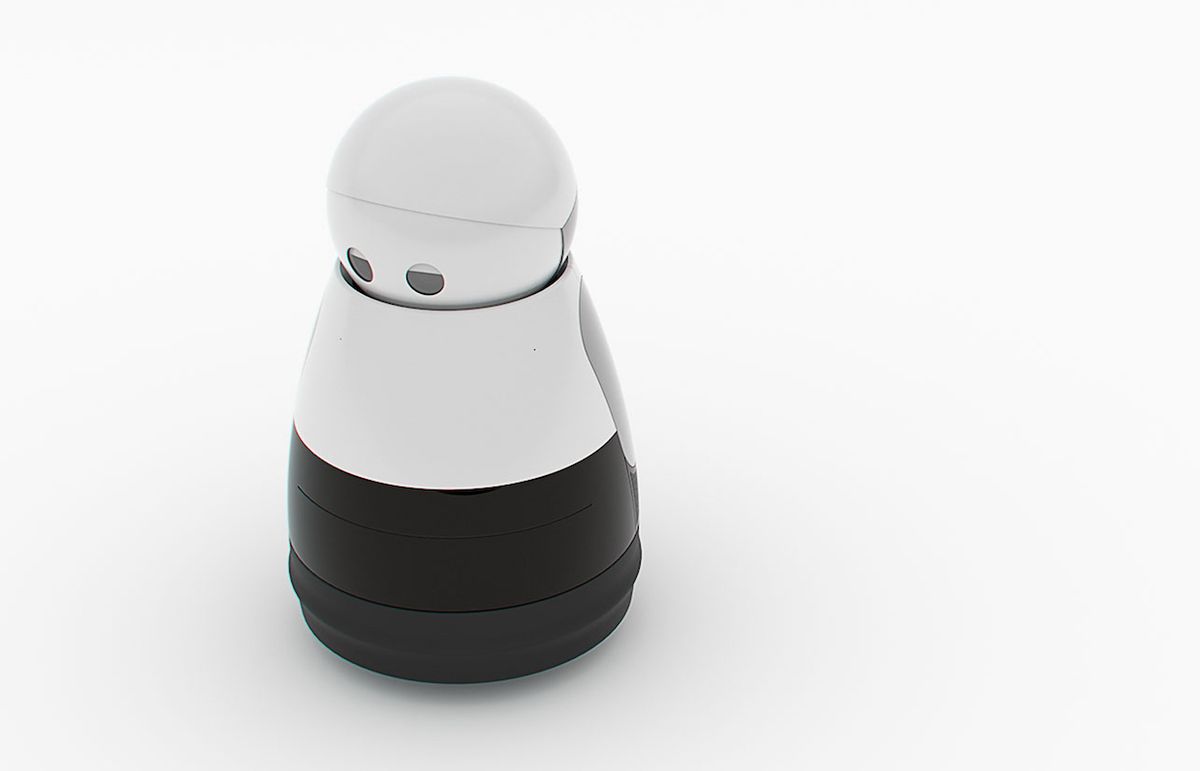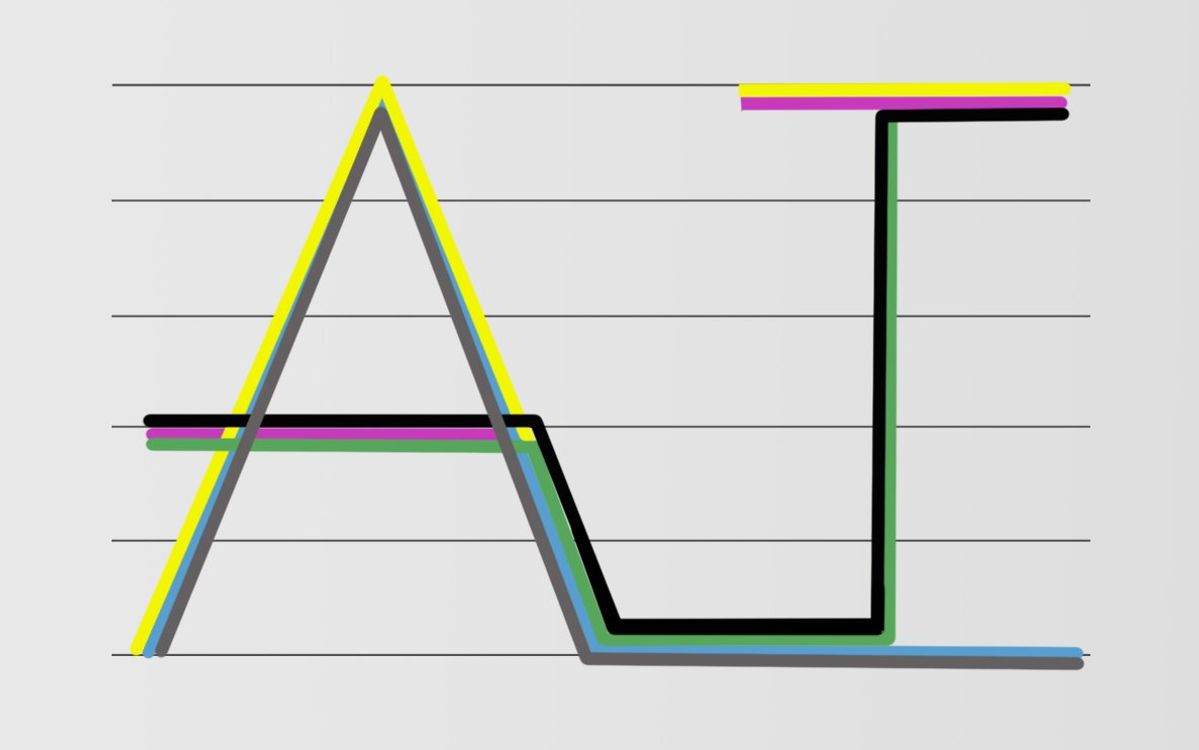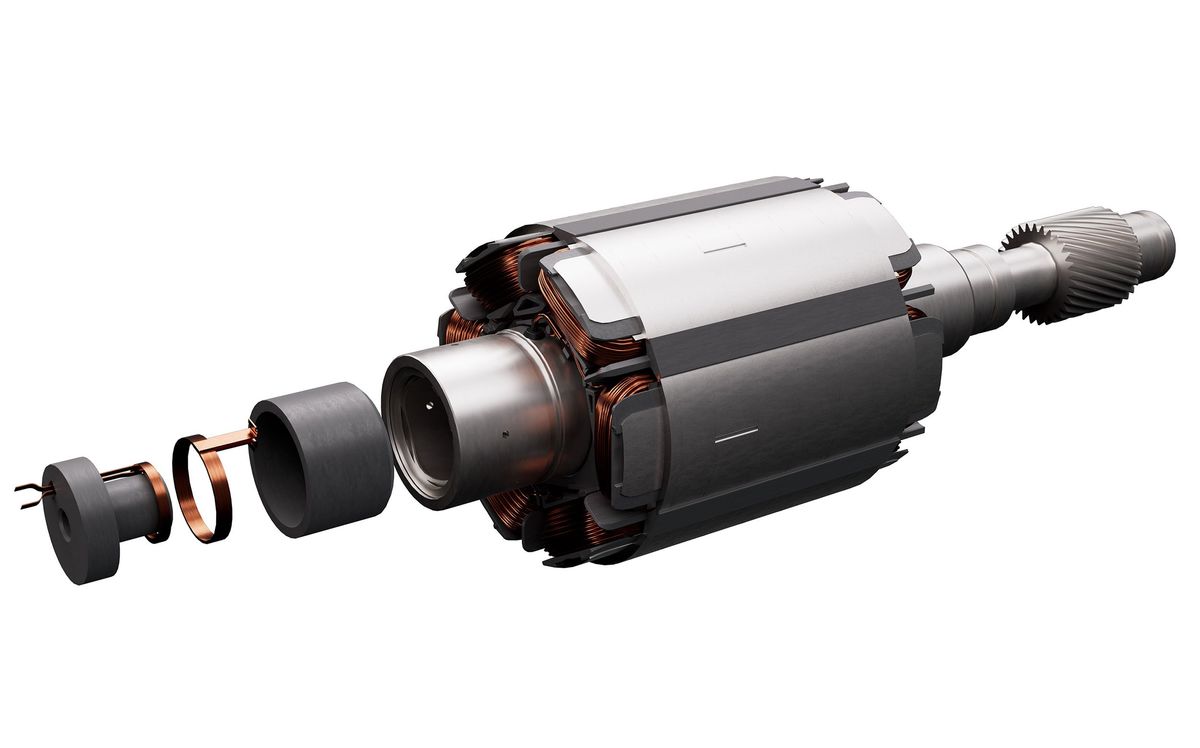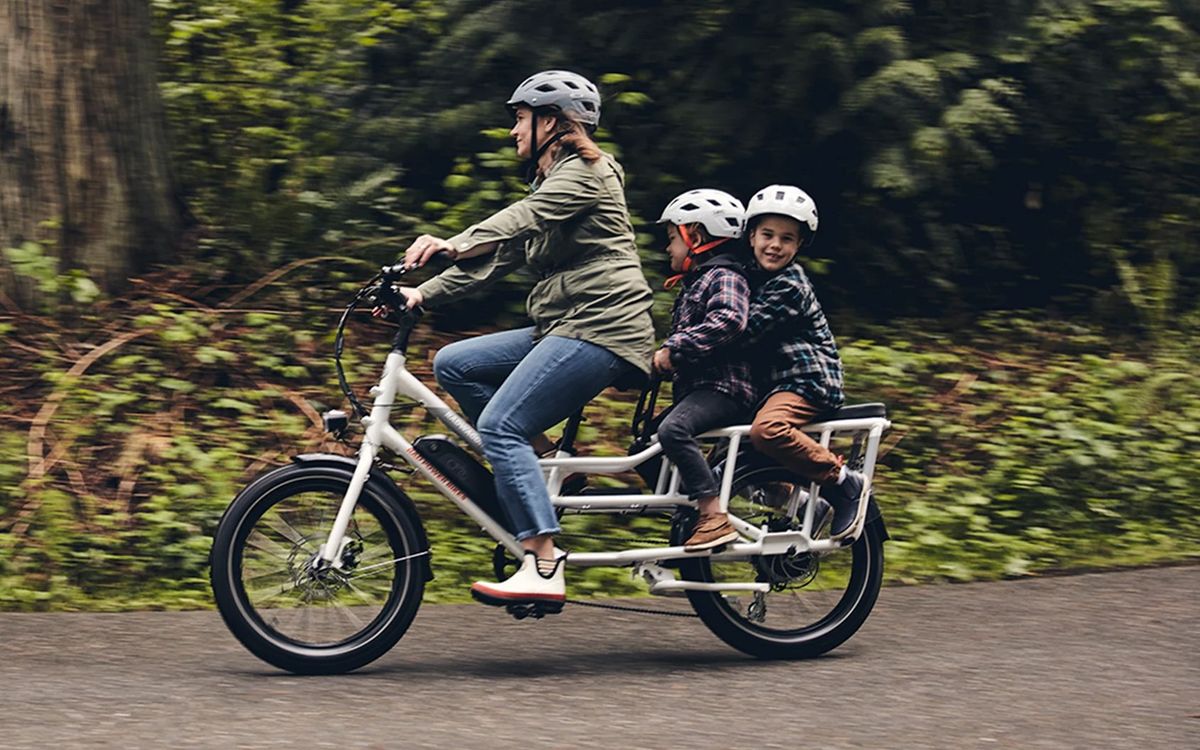Some very sad news for fans of cute robots: Mayfield Robotics, the company behind Kuri, announced last night that Kuri manufacturing has ceased. Everyone who ordered a Kuri will have their money refunded, and Kuri robots will no longer be shipping to customers. :(
Here is what was posted on the Kuri blog, which is just about the extent of what we know.
An Important (And Difficult) Announcement
To all of our Kuri fans, we are crushed to let you know that effective today, Mayfield Robotics will pause operations as we evaluate the company’s path forward. Sadly, our Kuri manufacturing will cease, and the Kuri robots that have been made will not ship to customers. All pre-order deposits will be refunded to our customers.
So what happened?
As many of you know, Mayfield Robotics was launched in 2015 as an independent entity of the Bosch Startup Platform. From the beginning, we have been constantly looking for the best paths to achieve scale and continue to advance our innovative technology. Typically, startups in the Bosch Startup Platform are integrated into existing Bosch business units, but after extensive review, there was not a business fit within Bosch to support and scale our business.
Since Kuri’s award-winning launch at CES 2016, our adorable home robot has been demoed and celebrated at TED, SXSW, The Aspen Ideas Festival, The Economist Innovation Summit, and many other high-profile events. It’s an understatement to say that we are all hugely disappointed by this pause to operations. We remain proud of the work we’ve done to push home robotics forward.
What happens now?
The vision that began Mayfield Robotics was to make robots that are joyful, useful, and inspiring. Kuri struck each of those notes, and we remain optimistic for an adorable robot future that aligns with our vision. We want to sincerely thank everyone who supported us: our families, our friends, our suppliers, and of course, you, our customers.
Creating a robot like Kuri is a massive undertaking. We don’t know what the coming months will bring. Regardless, we stand firm in our belief that the home robot Renaissance is just beginning, and it’s going to be amazing.
We’ve contacted the folks at Mayfield for comment, and they don’t have anything to add publically at this time. There are a few things about the release that we can emphasize, though—the first is that Mayfield itself has not been shut down or sold. Kuri as a product may be at an end, but from what we can infer from the press release, Mayfield is likely exploring other options: It could be putting itself up for sale, it could be pivoting to a different product category… Mayfield is full of some amazing roboticists who have done impressive work. Kuri didn’t make it, but that doesn’t diminish their value.
As far as Kuri itself goes, well, social home robots have had a tough couple years. The fact that Kuri isn’t alone in its struggles is reflective of the space as a whole, rather than a judgment about Kuri specifically. Kuri, Jibo, and other social home robots have had to contend with embodied digital assistants that affordably duplicate a big chunk of their functionality. They’ve had trouble establishing compelling use cases and long term-value relative to their cost.
This is not to say that the companies selling these robots aren’t at least a little bit responsible for how things went. Personally, I believe that there was, and is, a huge problem with social home robots promising what they cannot realistically deliver. They’re selling their vision to consumers, rather than their robot to consumers, and the robot only matches that vision for a short time and under ideal conditions, if at all. Social home robots attempt to differentiate themselves from things like smart speakers by suggesting that users will be able to form some kind of emotional connection with them, but that sets enormously high expectations that these robots can’t possibly hope to fulfill in the long term. It may be that the robots aren’t ready for us, or that we aren’t ready for the robots, or both. But either way, it just doesn’t seem to work.
Where does this leave us with social home robots in general? Not in a very good place, for sure. My guess it that it’s going to be difficult for anyone with a social home robot idea to get funding in the near future, even if there was some clarity as to what might be necessary for these robots to become successful, and there isn’t. What might happen is that companies like Neato and iRobot will start very slowly moving into this space by adding more features to their vacuums, or companies like Amazon and Google will approach it from the other direction by adding more features to their smart speakers. It may be more practical to do it this way, but it won’t be nearly as cute.
Goodbye, Kuri. We miss you already.
Evan Ackerman is a senior editor at IEEE Spectrum. Since 2007, he has written over 6,000 articles on robotics and technology. He has a degree in Martian geology and is excellent at playing bagpipes.



